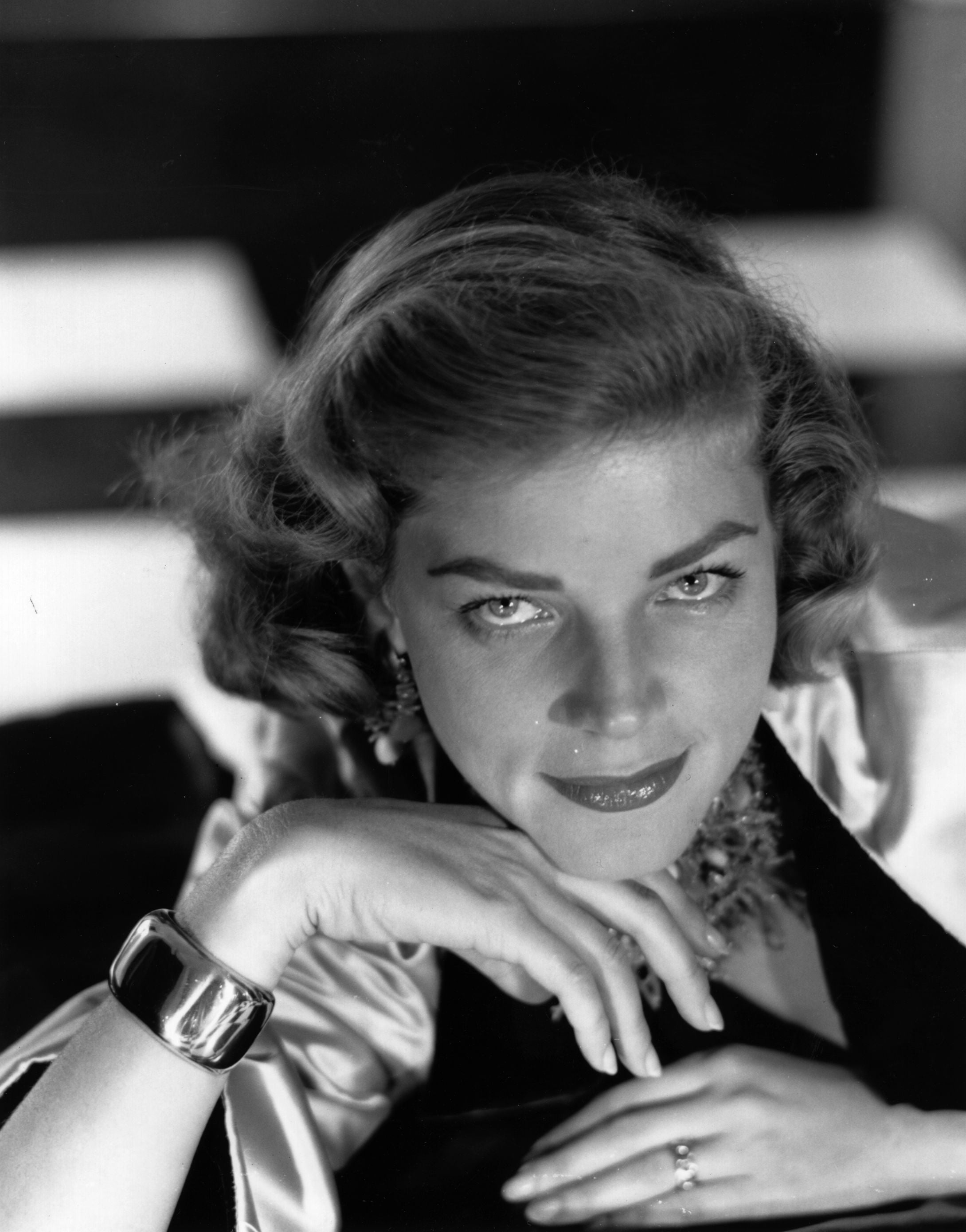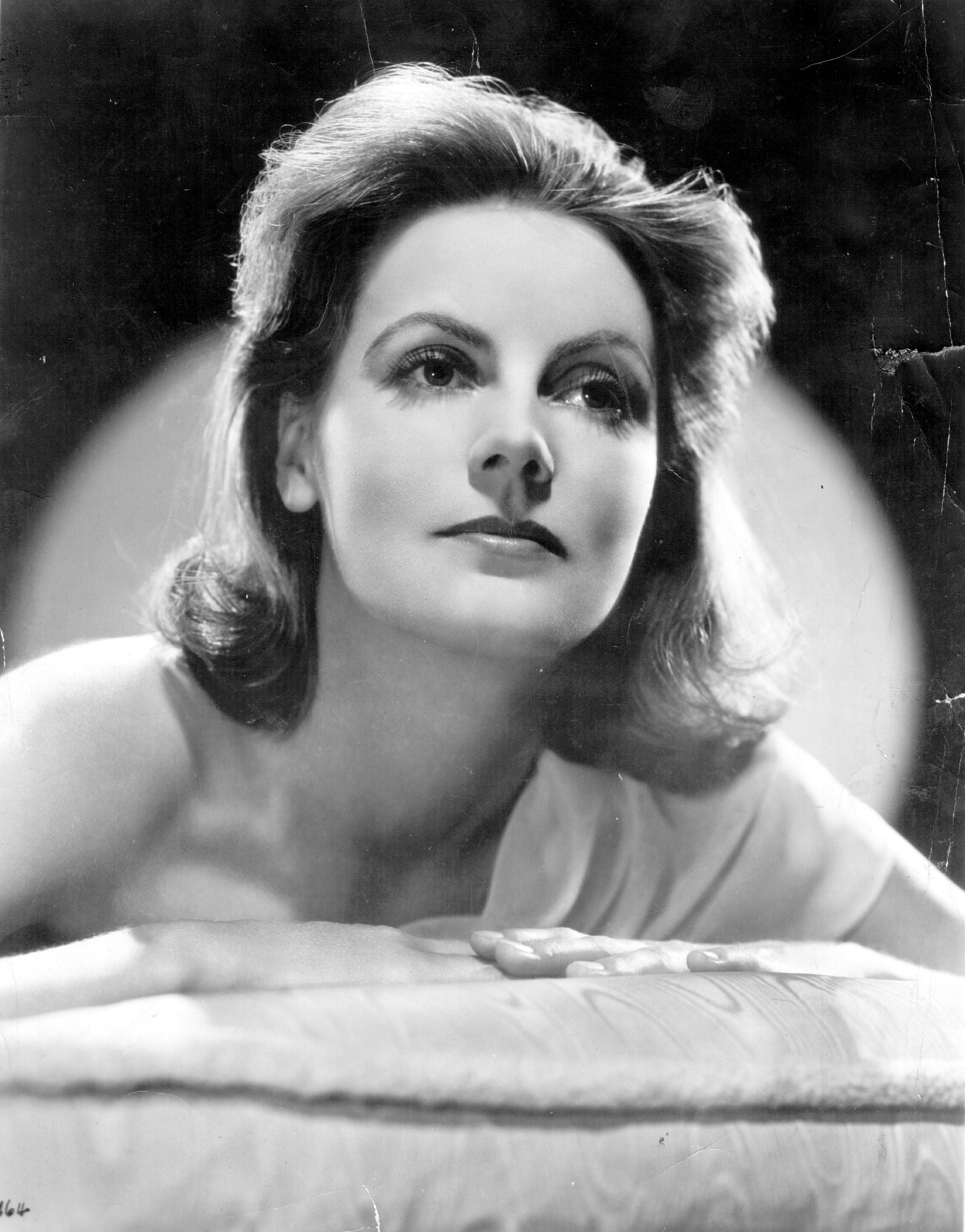Mortality maths – like the realisation that the last of those name-checked in Madonna's 'Vogue' died last week – make us feel our own lives are racing by
Numbers game: Lauren Bacall (pictured) was the last star name-checked in Madonna's 1990 hit song 'Vogue'

Your support helps us to tell the story
From reproductive rights to climate change to Big Tech, The Independent is on the ground when the story is developing. Whether it's investigating the financials of Elon Musk's pro-Trump PAC or producing our latest documentary, 'The A Word', which shines a light on the American women fighting for reproductive rights, we know how important it is to parse out the facts from the messaging.
At such a critical moment in US history, we need reporters on the ground. Your donation allows us to keep sending journalists to speak to both sides of the story.
The Independent is trusted by Americans across the entire political spectrum. And unlike many other quality news outlets, we choose not to lock Americans out of our reporting and analysis with paywalls. We believe quality journalism should be available to everyone, paid for by those who can afford it.
Your support makes all the difference.A small piece of trivia popped up on Twitter last week. “Lauren Bacall dying,” it read, “means that everyone Madonna name-checks in Vogue is now dead.”
It was a sobering realisation. “Time certainly marches on, doesn’t it,” we thought. “Best get a few things ticked off this bucket list before we snuff it.”
I looked at the date of the release of that Madonna track, which felt relatively recent – but it said March 1990. Twenty-four years? You’re kidding me. Germany was still split into two countries back then, for goodness sake. And 24 years before that, credit cards didn’t even exist in this country. Oh, boy.
That pinning of memories to significant cultural events and then fretting unduly about how old it makes us feel, is a thing that regularly sweeps social media, and it’s been given the neat name of “Mortality Maths” by rock critic Peter Paphides. Of course, the Mortality Maths puzzles that affect you will depend entirely on your age and your cultural preferences, but they come in a couple of distinct flavours.
There’s the straightforward disbelief that it can be that long since something happened, either for middle-aged people (“30 years since the first Smiths album? You’re kidding me”) or for teenagers (“I can’t believe it’s two years since “As Long As You Love Me” by Justin Bieber came out”).

There are slightly more inventive spins on the same formula, perhaps marvelling at a photo of the young man who appeared on the front of Nirvana’s “Nevermind” when he was a baby, or realising that the 17-year-old “Dancing Queen” in the Abba hit would now be 55.
And then there’s the classic “multiplication-by-two” trick. This summer, 30 years ago, Frankie Goes To Hollywood’s “Two Tribes” was No 1. Thirty years before that, meat was just coming off rations. And there’s worse news to come – we’re further from The Beatles’ “Love Me Do” hitting the charts than that was from the sinking of the Titanic. And we can go even further: more years have passed since Henry Fonda played Abraham Lincoln as passed between the release of that film and Lincoln’s assassination. These are all great examples from contributors to the Digital Spy website, illustrating that – if it wasn’t manifestly obvious – we’re going to die at some point.
“It’s another way of expressing that feeling that time is speeding up as we get older,” says Claudia Hammond, the author of Time Warped. “Every so often we’re brought up short by the reminder of some marker in time, like seeing things we own in vintage shops when we think we’re not that old. During middle age we never get used to that idea, which is why we find it endlessly fascinating. Our time perception plays tricks on us.” But why does music seem to create more significant markers?
Oliver Sacks, the eminent neurologist, notes that the strong link between music and memory, how it “burrows its way deep into the nervous system – so deep, in fact, that even when people suffer devastating neurological disease, music is usually the last thing they lose”. So, music serves as a powerful reminder of a particular time, but owing to the psychological phenomenon of “telescoping”, it always seems more recent than it actually was.
But maybe Mortality Maths puzzles are useful. “We all need coordinates, don’t we?” says music critic Joe Muggs. “We need way-marks and milestones so we can feel like there’s some way of navigating through the turbulent landscape of cultural glut. Or even just as something to cling on to as we reel from the vertigo of the pace of change and our own ageing.”
Suddenly, the knowledge that the release of the Sex Pistols’ “Anarchy In The UK” is closer to the Normandy landings than it is to the present day feels slightly more reassuring. But only slightly.
Join our commenting forum
Join thought-provoking conversations, follow other Independent readers and see their replies
Comments